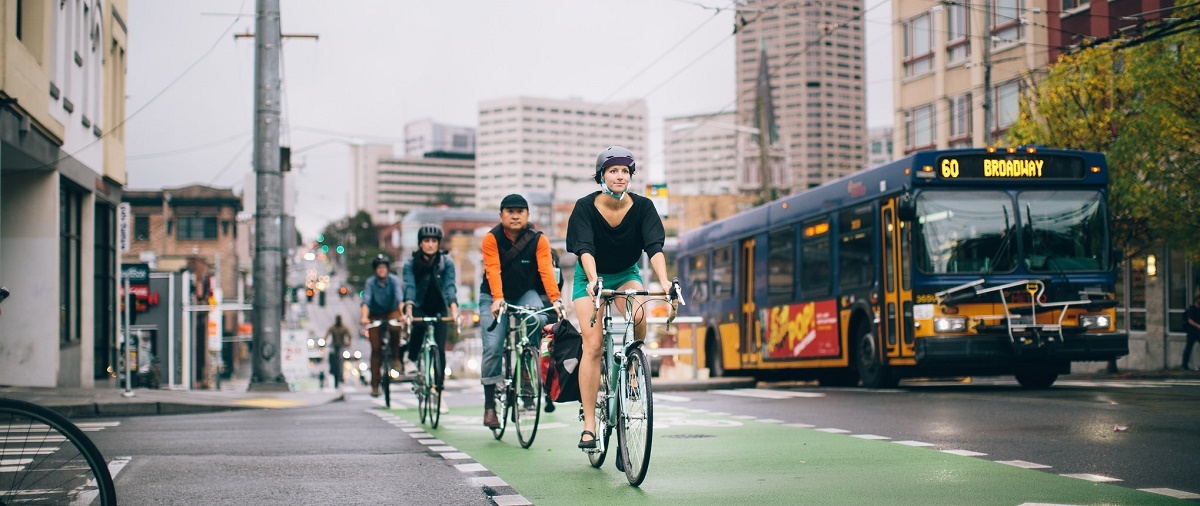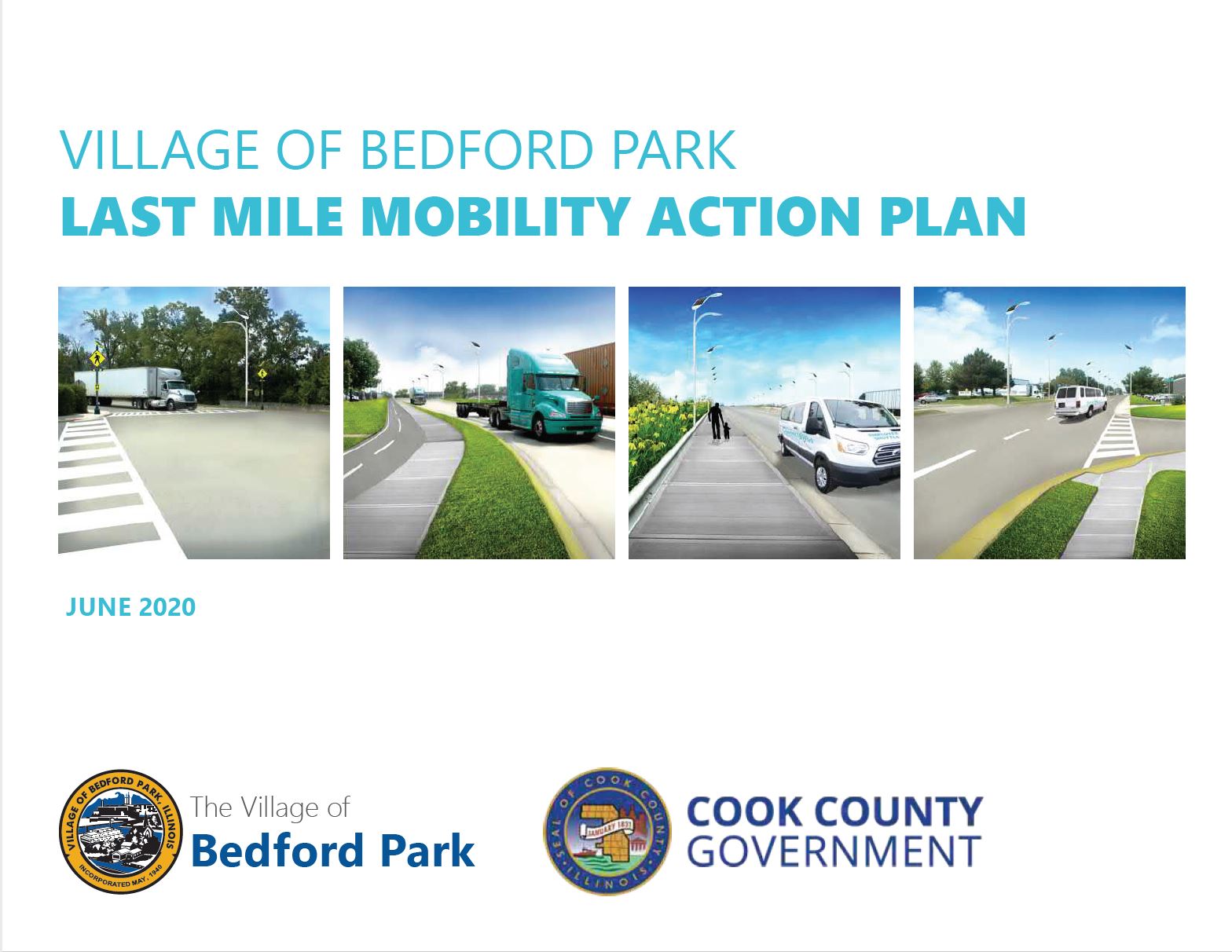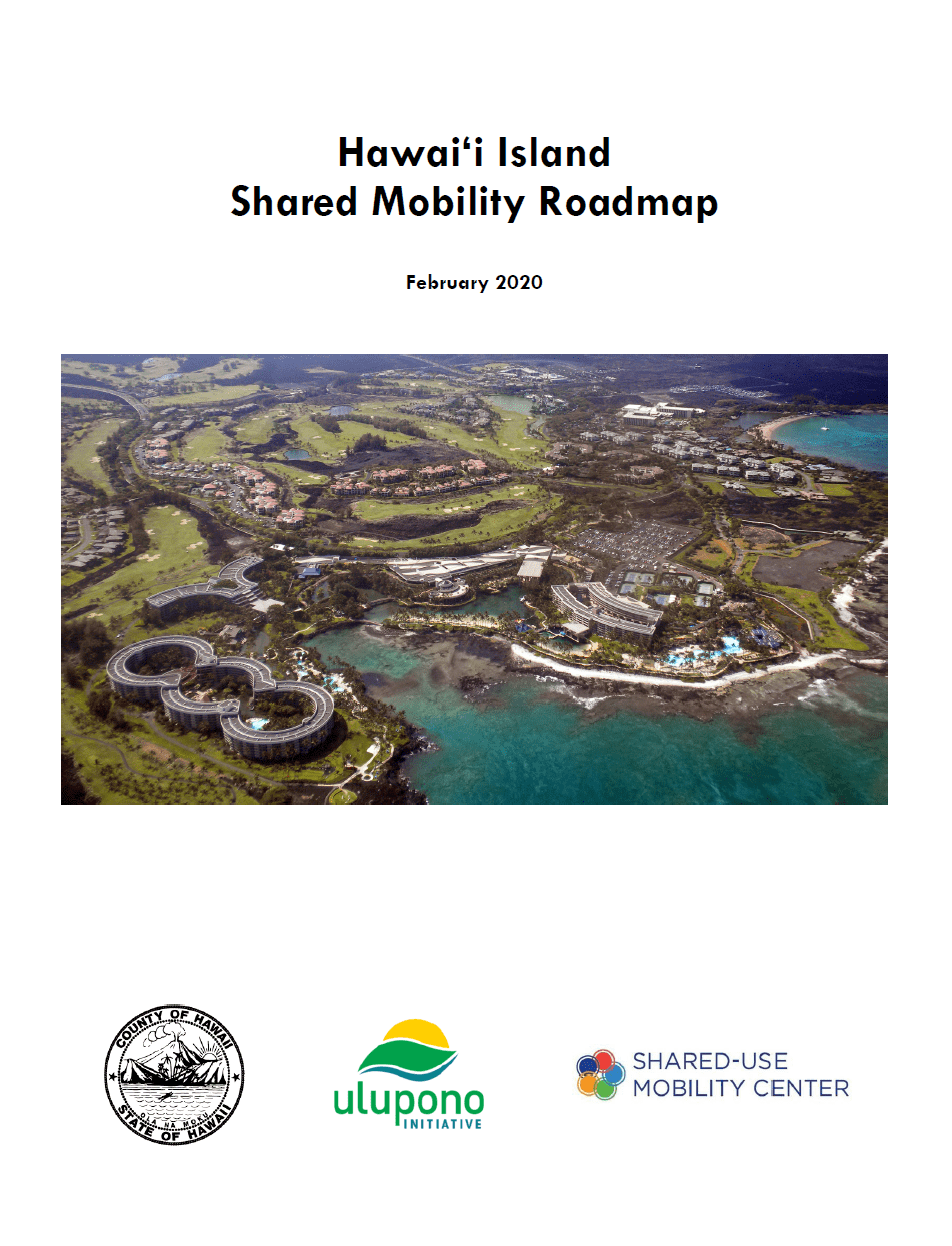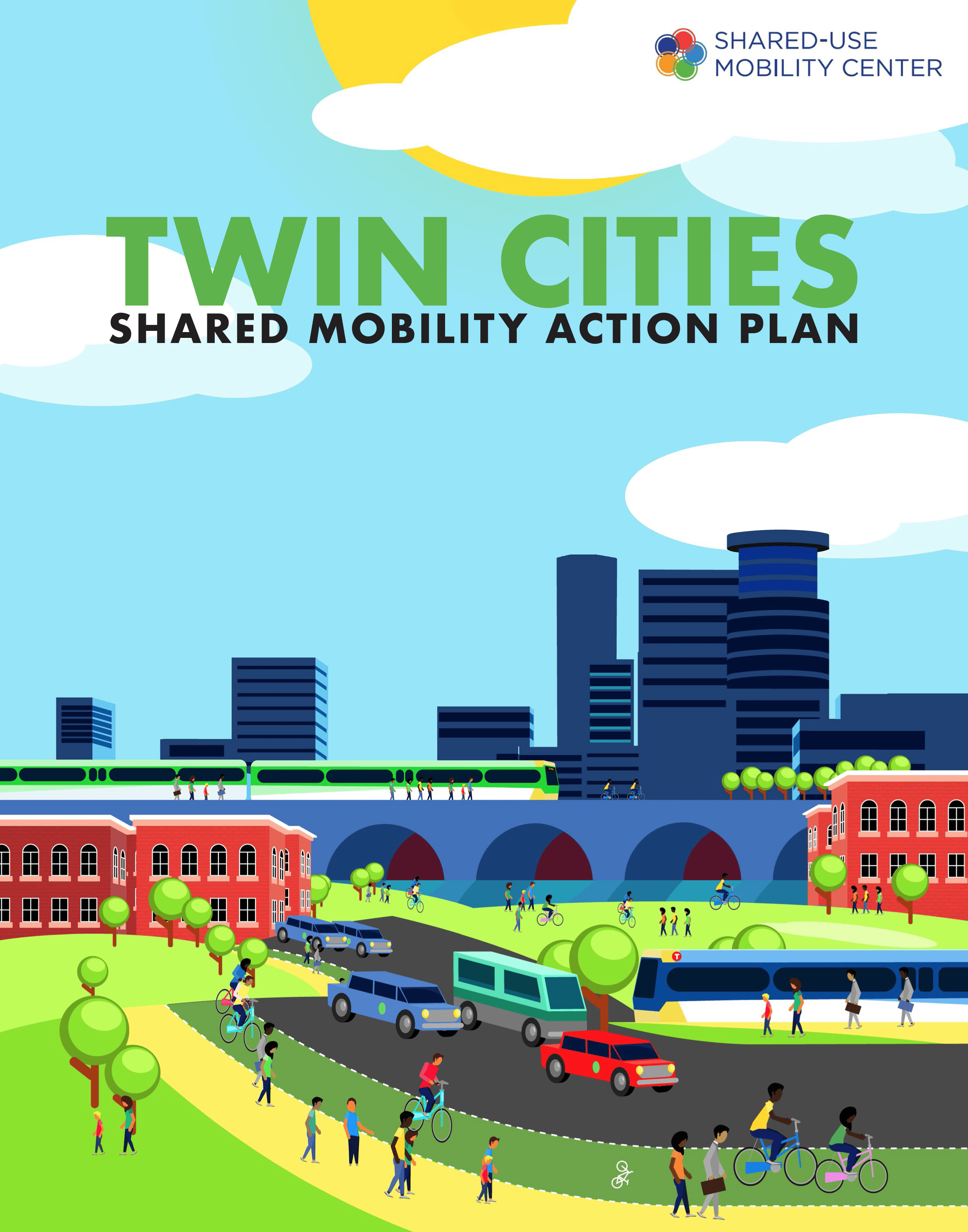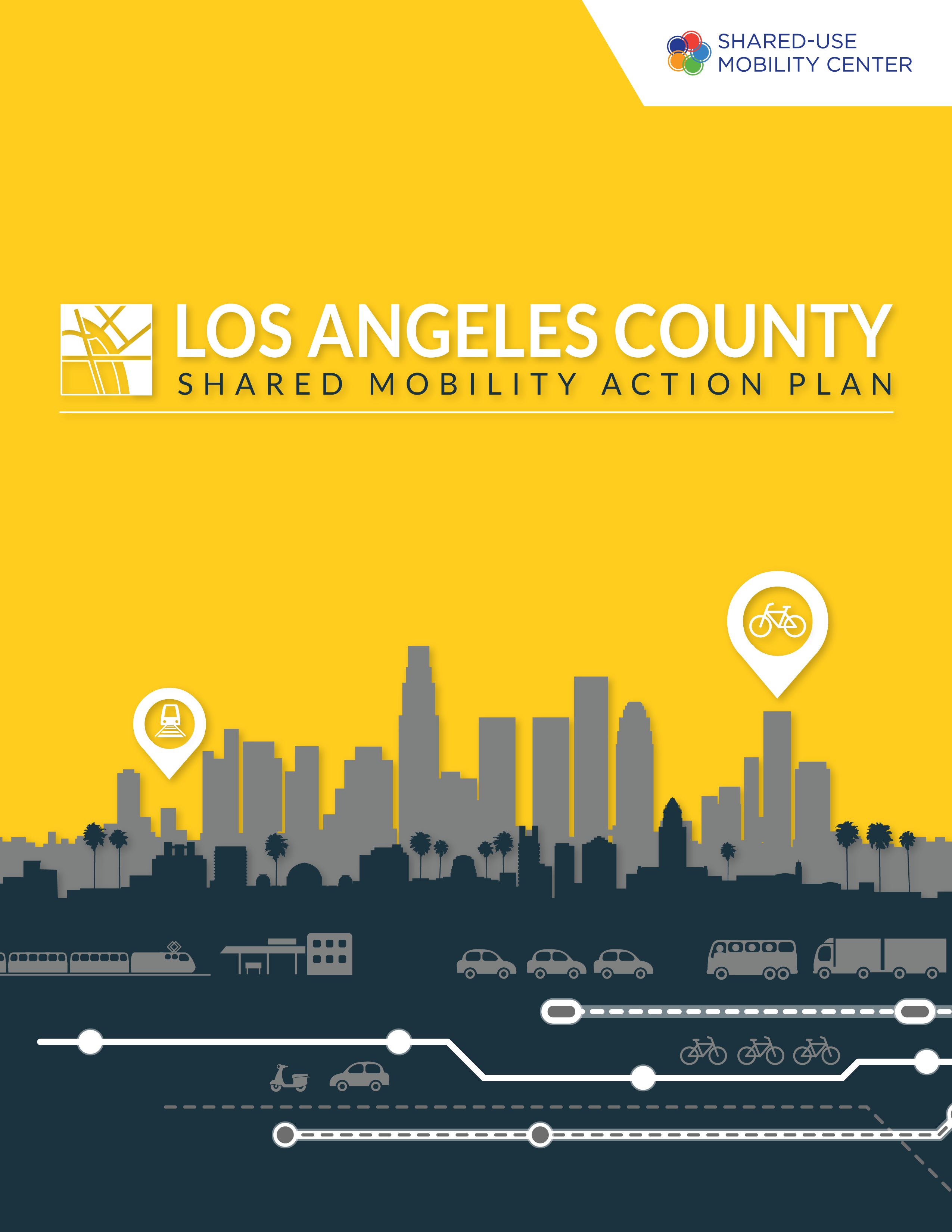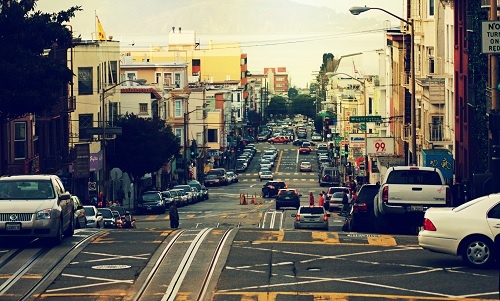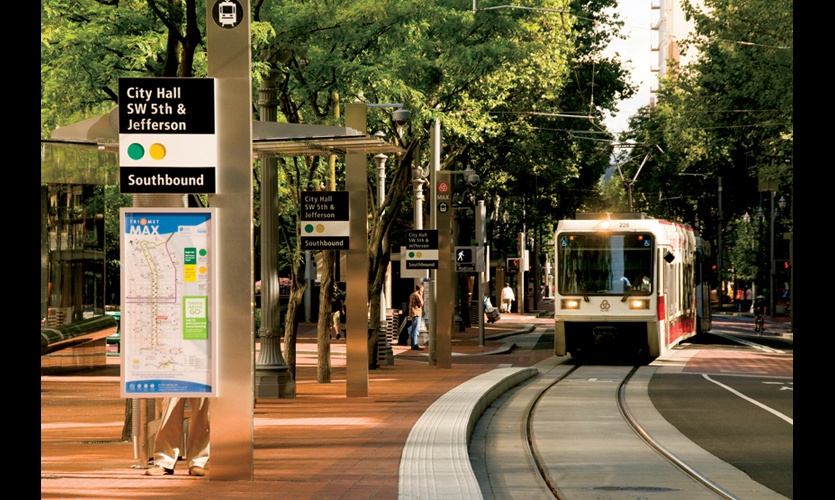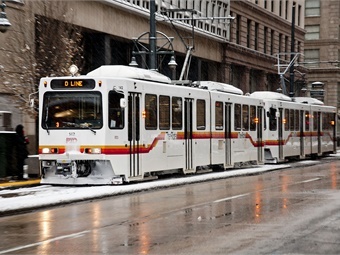Shared Mobility Action Plan for the Twin Cities
With assistance from the McKnight Foundation, SUMC worked with leaders in the Minneapolis-St. Paul region to develop a Shared Mobility Action Plan for the Twin Cities to expand shared mobility and public transit to head off congestion and other challenges related to impending population growth, and maintain the region’s affordability, livability, and freedom of movement. The plan also features several strategies to help ensure that more transportation options reach disadvantaged neighborhoods. For more information, read SUMC’s news release.
Twin Cities Shared Mobility Collaborative
After the Twin Cities Action Plan was released, SUMC mobilized a group of transportation leaders, public agencies, private companies, city officials, and nonprofits to form the Twin Cities Shared Mobility Collaborative to implement the plan’s recommendations.
During this time, SUMC provided advice, presentations, and research in support of carshare, data sharing, and the City of Minneapolis’ mobility hubs pilot program, which went on to earn a Bloomberg Cities grant and public funding.
The Collaborative’s efforts have resulted in:
- Passing a comprehensive plan in Minneapolis supporting a multimodal network.
- Planning for mobility hubs in Minneapolis and Saint Paul.
- Changing regional policy to make it easier for people to take vanpools to jobs downtown.
- Expanding EV carshare with MPO funding, with possible extension to future projects.
- Pioneering new models for gathering, analyzing, and using shared mobility data.
- Adding new staffing at the City and MPO levels to address shared mobility.

